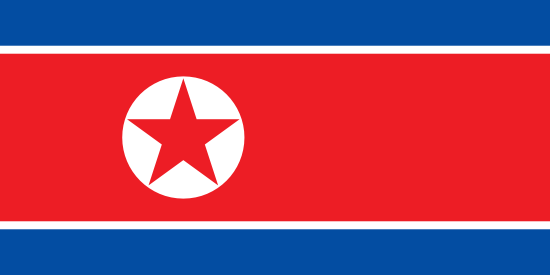
Health Insurance in North Korea, Asia
Information expatriation
Capital City: Pyongyang
Total area: 120,538 km2
Population: 23,790,000
Money: Currency Converter
Time Zone: List of time Zones by Country
Calling Code: +850 XXX
Practical Information:
Health Product: Travel Insurance and Health insurance
Health Insurance information and Sanitary Risk: World Health Map
BLOG: Expat Health insurance Information
Here is a brief description of the healthcare system in the country:
· North Korea has a socialist public healthcare system that aims to provide universal coverage and access to medical services.
· Care is delivered through state-run hospitals, clinics and rural medical posts staffed by medical professionals.
· The system is centered around primary care with an emphasis on preventative medicine like immunizations and disease control.
· Major hospitals are located in cities to provide more advanced care and specialist services.
· Healthcare is nominally free to all citizens but reports indicate the system suffers from critical shortages of resources, equipment, supplies and electricity.
· Malnutrition is an overarching problem affecting population health due to food insecurity issues.
· International sanctions have further strained North Korea’s limited medical capabilities.
· Rural health indicators are significantly worse than urban centers which have more facilities and access to care.
· Overall the healthcare system aims to provide universal coverage but grapples with lack of resources, infrastructure and supplies to properly deliver consistent standards of care nationwide.
Here are some key health considerations for expatriates living in the country:
· Bring ample supplies of any needed prescription medications, as availability is unreliable even in major hospitals.
· Expect very basic care standards and limited diagnostic/treatment options compared to developed countries.
· Rural hospitals may only offer basic first aid - advanced issues require transport to large cities.
· Register with your embassy in case urgent evacuation from country is needed for specialized care.
· Purchase comprehensive international medical evacuation insurance before traveling due to limited in-country capabilities.
· Power outages are common, affecting operation of medical equipment - facilities may not meet hygienic standards.
· Water/sanitation infrastructure varies significantly between urban and rural areas as does disease risk.
· Foreign language abilities are limited, so consider a translator app or having basic medical terms translated.
· Strict information controls - find pre-approved information sources about disease risks, self-care measures.
· Advanced planning and personal responsibility are essential given infrastructure limitations facing North Korea's healthcare system.
